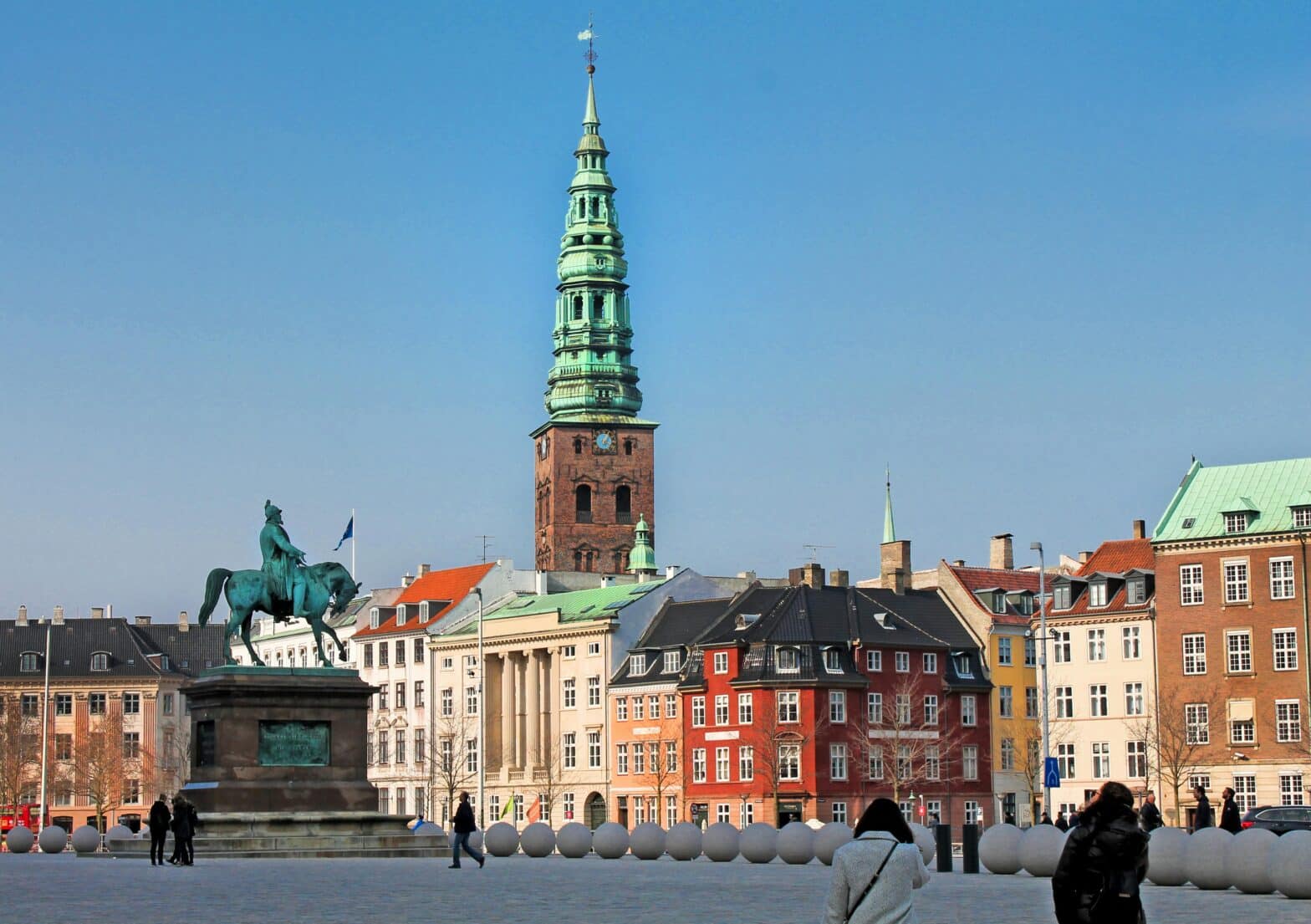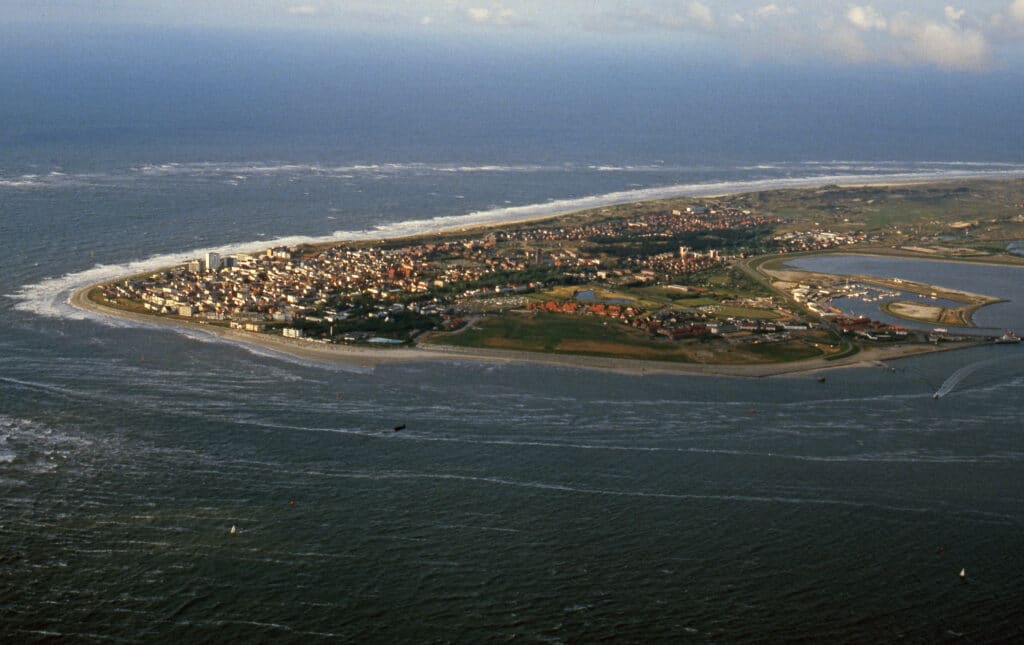Denmark, often referred to as one of the happiest countries on Earth, is a nation that has a rich history, culture and beautiful natural environment. As a key part of Scandinavia, Denmark shares cultural and historical ties with its neighboring countries, Sweden and Norway and its strategic location in Northern Europe makes it a gateway to exploring the rest of the continent. It can be interesting to learn about some of these features if you are an expatriate because it will enrich your experience in Denmark and make you feel more at home. This article gives brief insights into various fun facts about Denmark that every expat should know.
Cultural Facts
Hygge: The Danish Way of Life
One of the most celebrated aspects of Danish culture is known as “hygge.” Pronounced hoo-gah, this notion means comfortable satisfaction with life attained through simple pleasures. Hygge is a key part of Danish living whether it’s being with loved ones, sipping coffee near fireplaces or strolling through woods at leisure.
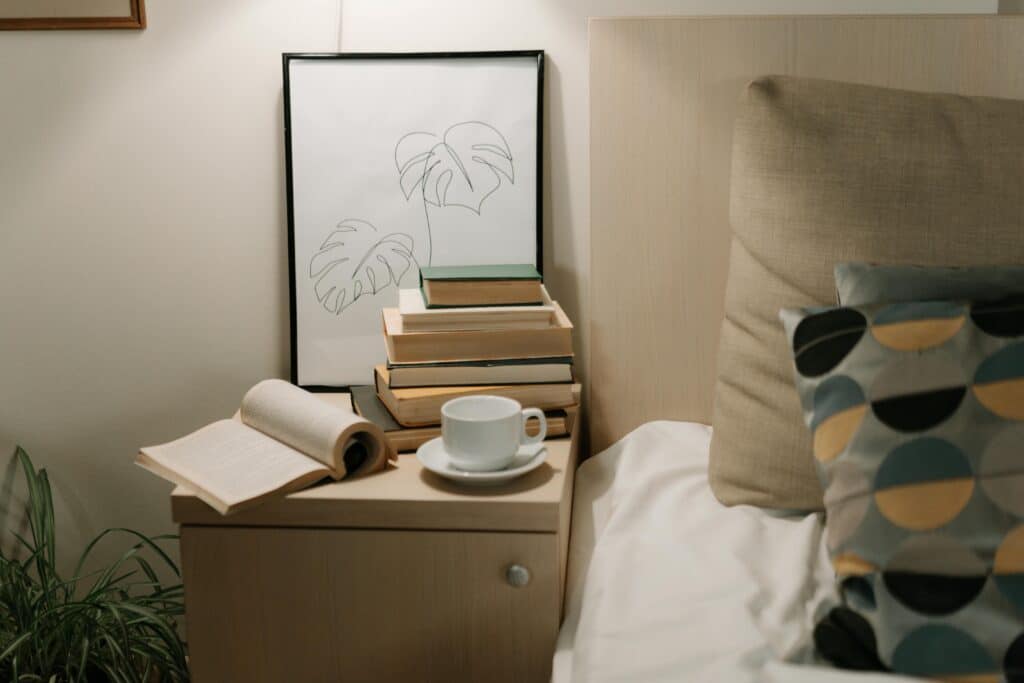
Danish Design and Architecture
Denmark is famous for minimalist design and creative architecture. Danish designs emphasize functionality, simplicity, and clean lines. The country has produced internationally recognized designers such as Arne Jacobsen who designed the Egg Chair; Jørn Utzon who built Sydney Opera House among others. Once you are an expatriate residing in Denmark, you will see this manifest in many homes along with public buildings.
Festivals and Traditions
Danes love celebrating their cultural heritage through festivals. One significant celebration includes Fastelavn which may be deemed the Nordic Halloween where children dress up in costumes and go door-to-door asking for candy. The other major festival is J-Dag when Christmas beer comes out – parades all over the country celebrate this occasion. One popular activity among locals and tourists alike is visiting Tivoli Gardens, one of the world’s oldest amusement parks located in Copenhagen. Apart from historical sites, Denmark offers various amusement options like the Legoland Billund Resort, which is a hit among families.
Social Norms
The Law of Jante
The Law of Jante embodies the Danish spirit of humility and collectivist mindset. It frowns upon self-assertion while demanding equality between people within its borders at any time whatsoever. Grasping this unwritten statute will enable expats to interact and enjoy Danish way of life.
Punctuality and Work-Life Balance
Danes are known for their punctuality as well as work-life balance. The cultural norm is for meetings to start on time; it’s crucial that this practice be observed. Moreover, Denmark is famous for its short workweeks and generous holiday policies which contribute to high quality of life. Hence, expatriates will find that free time and family matters are highly respected.
Geographic and Natural Wonders
Travel within Denmark is convenient, thanks to its efficient public transportation system and well-maintained roads, making it easy for expats to explore.
The Danish Archipelago
Every Danish city, from the bustling capital of Copenhagen to the charming town of Aarhus, offers a unique blend of modernity and history. Denmark encompasses more than 400 islands of which some 70 are inhabited. The largest of them include Zealand where the capital Copenhagen lies and Funen which has the most picturesque countryside. There are many islands in this archipelago where you can explore and have adventures. Denmark’s proximity to Sweden makes it easy for expats to explore the rich cultural heritage and natural beauty of both countries.
The Wadden Sea National Park
Wadden Sea National Park is an amazing coastal area comprising parts of Denmark, Germany, and Netherlands a UNESCO World Heritage Sites. It serves as home to various kinds of wildlife including seals plus migrating birds. Expatriates who love nature will enjoy the unique landscapes such as hiking trips or bird-watching offered in this park.
Bornholm: The Sunshine Island
It is called “the sunshine island” because Bornholm located in the Baltic Sea benefits from good climate. This region boasts beautiful villages, rocky coastlines, historic attractions like medieval Hammershus fortress among others. As a result it is a common tourist spot preferred by locals because it combines culture with nature elements.
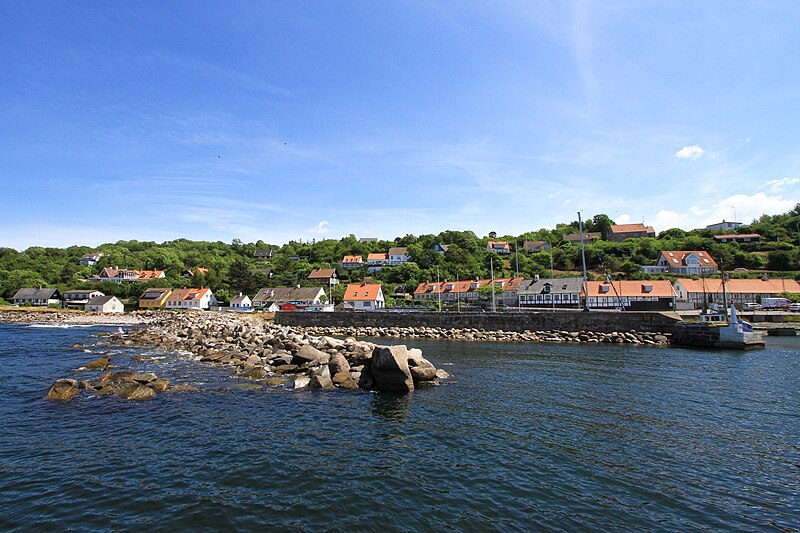
Culinary Delights
Smørrebrød: The Iconic Open-Faced Sandwich
Another one among many culinary drools of the Danish people which is smorrebrod, open-faced sandwich. It is made on a base of rye bread topped with a variety of items such as fish, meats, cheese and spreads. Smørrebrød are not only sandwiches but also pieces of art that are adorned with various garnishes.
The fact remains that every expat must have a go at several types of smørrebrød.
Danish Pastries
Pastries in Denmark commonly referred to as “wienerbrød” (Wiener bread) are famous all over the world. Many forms exist for this delicious flaky treat which are often filled with cream, jam or chocolate. One should make an effort to visit local bakeries where freshly made Danish pastries can be tasted.
New Nordic Cuisine
Denmark has been spearheading the New Nordic Cuisine movement which advocates for use of sustainable ingredients sourced locally and according to season in recent years. In Copenhagen alone there are numerous Michelin-star restaurants like Noma that was multiple times named the best restaurant in the world underlined by these two factors. It is therefore advisable for food enthusiasts who are expats to find their way into Denmark which is a paradise for taste buds.
Language and Communication
Learning Danish
While many Danes speak excellent English skills, taking up Danish lessons could make your stay abroad more interesting. Language courses offered by the Danish government help immigrants integrate into society through learning how to talk like natives. Even basic knowledge in Danish can enhance your day-to-day communication as well as better understanding of Danish culture.
Direct Communication Style
Danes are known for their direct and straightforward communication style. They prefer being short and straight forward since they respect honesty and clarity in any conversation they engage themselves in. By knowing about this communication style, expats can develop better personal and professional relations.
Unique Danish Concepts
Freetown Christiania
Freetown Christiania is an autonomous neighborhood located in the heart of Copenhagen, which identifies itself as a freetown, where people live alternative lifestyles and a vibrant arts scene. Founded in 1971, it has its own set of rules and serves as a hub for creativity and free thinking. By visiting Christiania you will be able to see another side of Danish society that is unique.
The Danish Bicycle Culture
Cycling is a common feature in Denmark. To put this into perspective, Denmark is one of the most bike-friendly nations globally having well-structured cycling networks plus strong cycling traditions. For example, in such cities like Copenhagen where bicycles are more than cars, cycling still remains the best way for people across all age groups to commute from one place to another. As an expat, taking up biking as part of local culture could be interesting because it keeps one healthy while on the move.
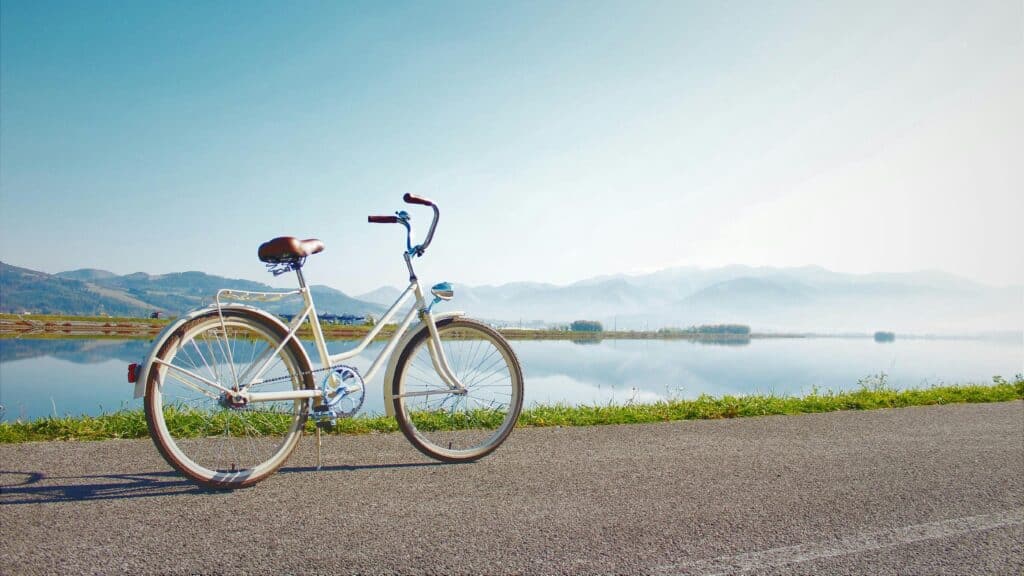
The Danish Royal Family
With more than a thousand years’ history dating back several centuries ago, Danish monarchy is one of the oldest existing monarchies globally. The Danish monarchy, led by Queen Margrethe II, is a significant cultural institution, with traditions dating back to the time of the Vikings. She is being particularly loved by her subjects since her assumption of power in 1972 up to now. Facts about monarchy culture and attending public royal events can be very useful towards understanding Danish lifestyle.
Conclusion
It thus emerges that Denmark possesses many intriguing traditions besides stunning sceneries and unique ways of life that merge modernity with deep-seated cultural values. Understanding these fun facts about Denmark makes transitioning abroad easier for expatriates who want to experience something exciting and enjoyable yet unknown about this country—be it exploring culinary delights; adapting to social etiquettes; or admiring natural beauty amongst others.
